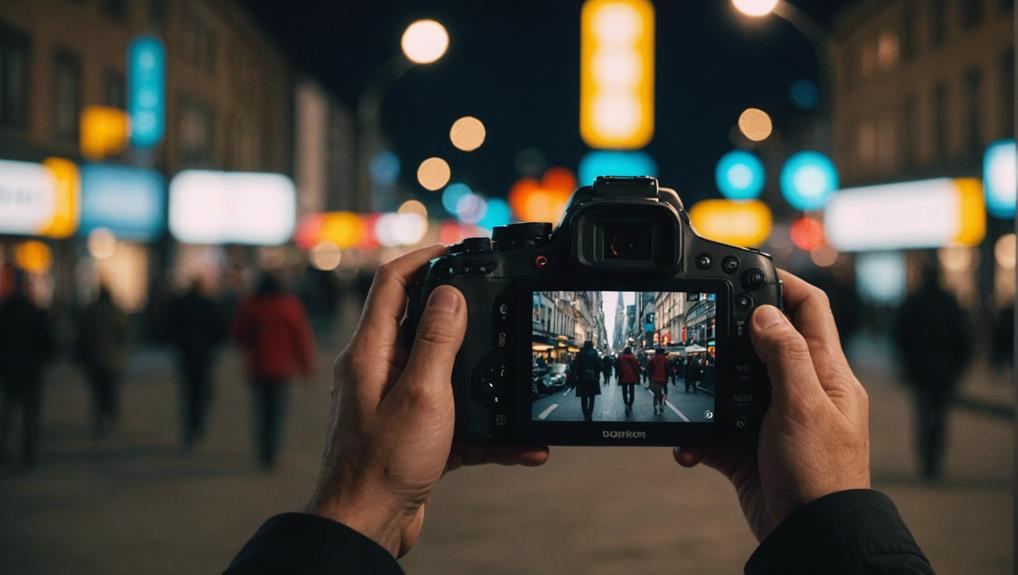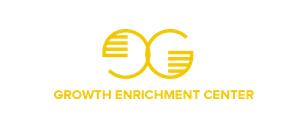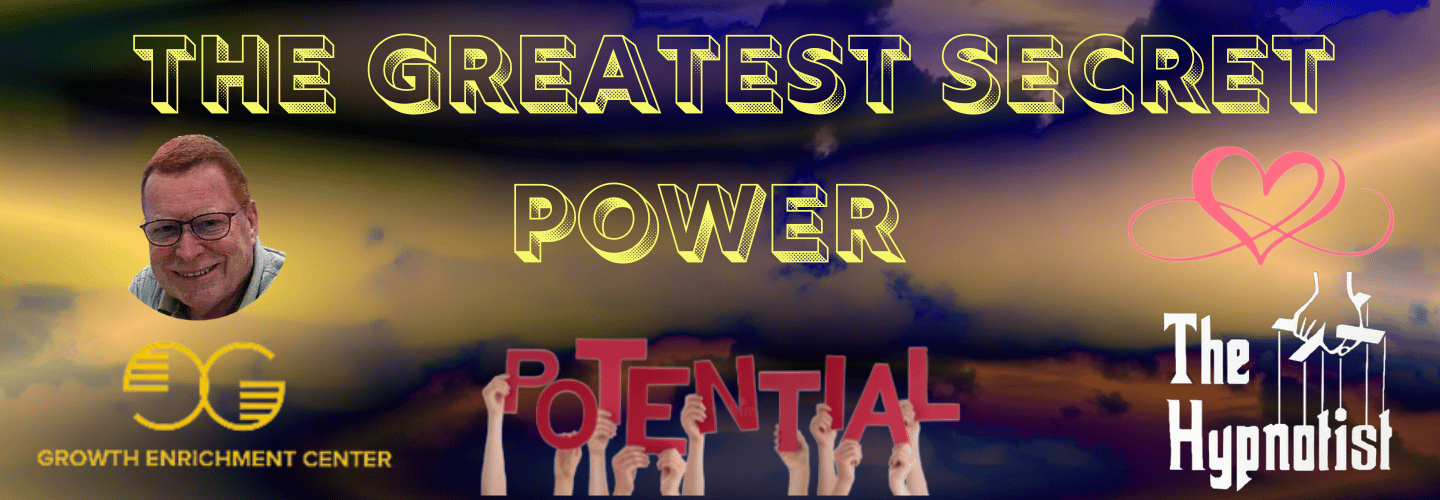
Imagine a bustling marketplace, where diverse voices and opinions collide. In the midst of this vibrant exchange, have you ever noticed how your own beliefs seem to echo back at you, reinforced by the stories you choose to embrace? The dance of confirmation bias is subtle yet pervasive, shaping our interactions in ways we may not always recognize. As you navigate through the labyrinth of daily experiences, consider the ways in which this cognitive tendency influences your perceptions and decisions. Stay tuned to uncover how acknowledging and addressing confirmation bias can enrich your relationships and broaden your worldview.
Selective Exposure in News Consumption
When seeking information, remember that being aware of your selective exposure in news consumption can help broaden your perspectives and challenge confirmation bias. It's easy to fall into the trap of only consuming news that aligns with your current beliefs, but by consciously seeking out diverse sources and viewpoints, you can break free from this cycle.
Take the time to explore different news outlets, read articles from varying political perspectives, and engage with opinions that challenge your own.
By actively seeking out information that contradicts your existing beliefs, you not only expand your knowledge but also train your mind to be more open and adaptable. Embrace the opportunity to learn from different viewpoints, even if they initially make you uncomfortable. Remember, growth often occurs outside of your comfort zone.
Challenge yourself to break free from the confines of selective exposure. Embrace the diversity of information available to you, and watch as your perspectives shift and evolve. By confronting confirmation bias head-on, you empower yourself to think critically and engage with the world in a more informed and nuanced way.
Interpretation of Ambiguous Feedback
Navigating the complexities of ambiguous feedback requires approaching it with an open mind and a willingness to explore multiple interpretations. When faced with feedback that isn't entirely clear or direct, it's natural to try to make sense of it based on our existing beliefs and biases. However, this can lead to confirmation bias, where we interpret the feedback in a way that aligns with our preconceived notions.
To overcome this tendency, it's essential to challenge yourself to consider alternative explanations. Instead of jumping to conclusions that confirm what you already believe, take a step back and examine the feedback from different angles. Ask yourself how someone with a different perspective might interpret it. By actively seeking out diverse viewpoints, you can avoid falling into the trap of confirmation bias and gain a more comprehensive understanding of the feedback you receive.
Stereotyping in Social Interactions

In social interactions, it's important to be mindful of the tendency to stereotype others based on limited information or preconceived notions. Stereotyping can be significant as it oversimplifies individuals, reducing them to a set of assumed characteristics. It's vital to recognize that each person is unique and complex, shaped by their own experiences, beliefs, and values.
When you catch yourself jumping to conclusions about someone based on their appearance, background, or any other superficial factor, take a moment to pause and reflect. Challenge those stereotypes by seeking to understand the individual beyond the surface. Engage in meaningful conversations, ask questions, and listen actively. By doing so, you break down barriers and foster genuine connections.
Memory Recall and Selective Remembrance
Engage your mind intentionally to uncover how memory recall and selective remembrance shape your daily perceptions and interactions. Our memories aren't perfect recordings of past events; they're influenced by various factors, leading us to remember some things more vividly than others.
Here are some ways memory recall and selective remembrance can affect your daily experiences:
- Emotional Impact: Memories tied to strong emotions are often recalled more easily, shaping how you perceive certain situations or individuals.
- Confirmation Bias: You may unintentionally focus on memories that confirm your existing beliefs or stereotypes, reinforcing your biases.
- Cultural Influence: Memories influenced by cultural norms or societal expectations can impact how you interpret and recall past events.
- Personal Experiences: Your unique life experiences can influence which memories are easily recalled, shaping your interactions with others.
- Selective Attention: Focusing on specific details or aspects of a memory can alter your recollection of events, potentially leading to biased interpretations.
Biased Evaluation of Personal Experiences

Uncover how your biases color the assessment of your personal experiences, shaping your perceptions and responses in daily interactions.
The lens through which you view the world is often tinted by preconceived notions and beliefs, influencing how you interpret events. When you approach situations with a particular mindset, it's natural to gravitate towards information that confirms your existing beliefs, while disregarding contradictory evidence.
This biased evaluation of your experiences can lead to misunderstandings, missed opportunities for growth, and strained relationships.
Frequently Asked Questions
How Does Confirmation Bias Affect Decision-Making Processes?
When confirmation bias impacts decision-making, your beliefs can cloud judgment. Stay open to diverse viewpoints, challenge assumptions, and seek out new information. By being aware of this bias, you empower yourself to make more informed choices.
Can Confirmation Bias Lead to Detrimental Outcomes in Relationships?
Yes, confirmation bias can lead to harmful outcomes in relationships. By only seeking information that confirms preconceived notions, you may miss significant perspectives, causing misunderstandings and conflicts. Stay open-minded and actively listen to nurture healthy relationships.
Is Confirmation Bias More Prevalent in Certain Age Groups?
Confirmation bias tends to affect individuals of all ages. It's a common cognitive bias where we seek information that confirms our beliefs. It's important to stay open-minded and consider different perspectives.
What Strategies Can Be Used to Reduce Confirmation Bias?
To reduce confirmation bias, question your assumptions, seek diverse perspectives, and weigh evidence objectively. Embrace curiosity, challenge your beliefs, and be open to changing your mind. By actively engaging with differing views, you can cultivate a more balanced outlook.
Are There Any Benefits Associated With Confirmation Bias in Daily Life?
In daily life, confirmation bias can sometimes offer comfort and reinforce beliefs you hold dear. Embrace the opportunity to seek diverse perspectives, challenging yourself to grow and evolve beyond your assumptions.
Conclusion
As you navigate through the intricate web of daily experiences, remember to tread carefully and be mindful of the lurking presence of confirmation bias. Like a delicate dance with shadows, it can obscure your vision and lead you astray.
Embrace the light of skepticism and curiosity to illuminate the hidden truths waiting to be discovered. Let your mind be a beacon of clarity, guiding you through the fog of bias towards a brighter, more enlightened perspective.

